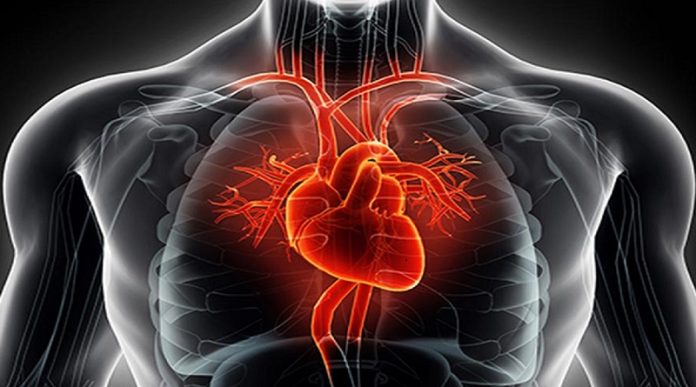Our nervous system and the human heart are two of the most important organs in our body. They both play a huge role in keeping us alive and healthy, but how much do we actually know about them? For many of us, our knowledge of these complex systems is limited to basic poetry or pop songs. This blog post will explore the remarkable realities behind our nervous system and the human heart. We’ll learn about their structure, function, and importance to our health. Let’s dive into the amazing world of biology and physiology!
What is the nervous system?
The nervous system is a network of nerves and cells that carry messages between the brain and the rest of the body. It comprises two parts: the central nervous system (CNS) and the peripheral nervous system (PNS).
The CNS consists of the brain and the spinal cord. The brain is responsible for processing information and generating thoughts, emotions, and behaviors. The spinal cord carries messages between the brain and the rest of the body.
The PNS consists of all the nerves that branch off from the CNS. These nerves carry messages to and from the organs, muscles, and glands. The PNS can be divided into two parts: somatic and autonomic.
The somatic nervous system controls voluntary actions, such as walking, picking up an object, or blinking. The autonomic nervous system controls involuntary actions, such as breathing, digesting food, or maintaining heart rate.
What is the human heart?
The heart is a muscular organ that pumps blood through the body. The human heart is about the size of a fist and weighs about 10 ounces. It is located in the center of the chest, behind the breastbone. The heart has four chambers: two atria (the upper chambers) and two ventricles (the lower chambers). The right atrium and right ventricle make up the right side of the heart, while the left atrium and left ventricle make up the left side.
The pumping action of the heart is created by its four valves: the tricuspid valve, pulmonic valve, mitral valve, and aortic valve. These valves open and close with each heartbeat to ensure that blood flows in only one direction through the heart.
The walls of the heart are made up of three layers: an outer layer of tough connective tissue (the pericardium), a middle layer of muscle (the myocardium), and an inner layer of smooth tissue (the endocardium).
The relationship between the nervous system and the human heart
The nervous system and the human heart are interconnected in a way that is not always obvious. The nervous system controls the heart rate, blood pressure, and cardiac output. The heart also sends signals to the brain that affect mood and energy levels. When something goes wrong with the nervous system, it can have a direct impact on the heart. For example, if someone has an anxiety disorder, they may experience chest pain, an irregular heartbeat, or shortness of breath. These symptoms can be caused by the increased heart rate and blood pressure that come with anxiety.
The reality behind the nervous system and the human heart
The nervous system and the human heart are two of the most important systems in the body. They work together to keep the body functioning properly. However, there is a lot of misinformation out there about how these two systems work. Let’s take a look at the reality behind the nervous system and the human heart.
The nervous system is made up of the brain, spinal cord, and nerves. The brain is responsible for sending signals to the rest of the body. The spinal cord carries those signals to the nerves, which then carry them to the different parts of the body.
The human heart is a muscle that pumps blood throughout the body. It is made up of four chambers: the right atrium, left atrium, right ventricle, and left ventricle. The right atrium and left ventricle are responsible for pumping
Conclusion
From this article, we have seen that the nervous system and the human heart work together in harmony to maintain life. The intricate network of nerves, organs, and muscles all rely on each other for a fully functioning body. This complex relationship can be challenging to understand but it is essential for keeping us alive and healthy. Understanding how our own body works give us insight into how we can take better care of ourselves so make sure you stay informed about the science behind it! If you find any issues related to your heart and brain please contact your nearest heart doctor or cardiologist as soon as possible so that you can take care of your loved one.


